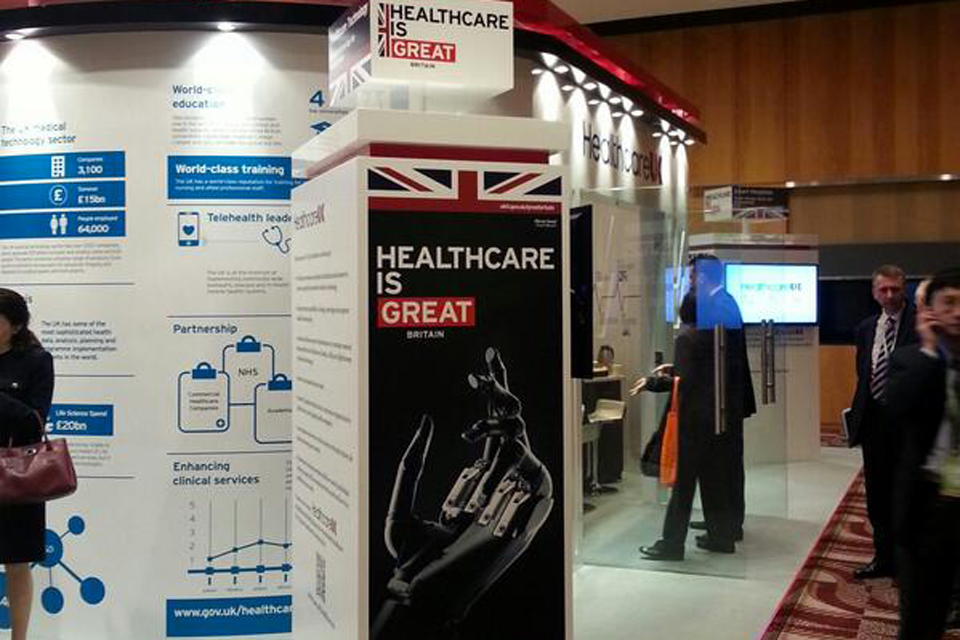Hong Kong and Britain are natural partners in health care reform
British Consul General to Hong Kong and Macao Caroline Wilson explains how closer UK/HK collaboration can help tackle healthcare challenges

This week, Professor the Lord Darzi is leading a delegation of UK companies to the Hospital Authority Convention in Hong Kong.
In 2013, the National Health Service (NHS) celebrated its 65th birthday as the largest publicly funded health system in the world, free at the point of delivery and available to all. The demands the NHS faces have changed beyond all recognition since its inception. In 2014, the UK’s population is much larger, the incidence of long term health conditions has increased and people are living longer.
As a result, healthcare for elderly people and conditions such as dementia in primary care or in a community setting have become important priorities. Other new challenges such as infections resistant to antibiotics (like MRSA) create an additional strain and demand a wider approach to tackling Anti-microbial Resistance (AMR) as well as ensuring that hospitals are designed for effective infection control and prevention.
Hong Kong shares many similar healthcare challenges to those in the UK particularly that of a larger and ageing population, MRSA and the increasing importance of improving primary care to reduce reliance on hospital care. The redesign of buildings and services to tackle this is also happening here in Hong Kong. There is much then, that Lord Darzi and his delegation can share with his Hong Kong counterparts.
Over the past 10 years the NHS has adapted to these challenges, with innovative budget management across the service and improved training for primary care doctors and other healthcare professionals. Some hospitals have taken more control of their budgets to respond to local need, operating free from direct government control as ‘Foundation Trusts’. Public and private partnerships and innovation in healthcare technology have improved the quality and patient experience of healthcare, and the value for money.
New hospitals bring improved layouts, patient privacy and infection control, better energy efficiency and initiatives such as electronic patient records and personal health monitors for at risk groups. Public private partnerships are even running new primary care ‘walk in centres’.
The private sector has been at the heart of delivering changes in the UK which are already showing real benefits to patients. For example, the use of ‘telehealth’ for people with chronic conditions (such as personal health monitors which monitor blood pressure and heart rate) alone has been associated with a 20% reduction in emergency hospital admissions as well as a 45% reduction in mortality for those using them in a two-year trial.
A new computer system developed by University Hospitals Birmingham can even e-prescribe and support clinical decisions with clinical guidelines, pathways and protocols embedded to promote consistency and sound decision making. The Prescribing Information and Communication System (PICS) has already been able to demonstrate savings on hospital drugs budgets of nearly 10% and a 50% reduction in MRSA rates due to auto prescribing which ensures consistency.
And further innovation is on the way in the NHS workforce, bringing in more specialists into primary care rather than hospitals, ‘Self Care’ through better patient education and personalised medicine which will help patients understand their own risk profile for disease and tailor healthcare appropriately.
It is these experiences, challenges and successes that the UK delegation will share at the Hospital Authority Convention on 7-8 May. We look forward to continuing and developing our collaboration and partnership with Hong Kong as we reform our respective health systems to tackle our shared healthcare challenges.
(An edited version of this article appeared in South China Morning Post on 8 May 2014.)